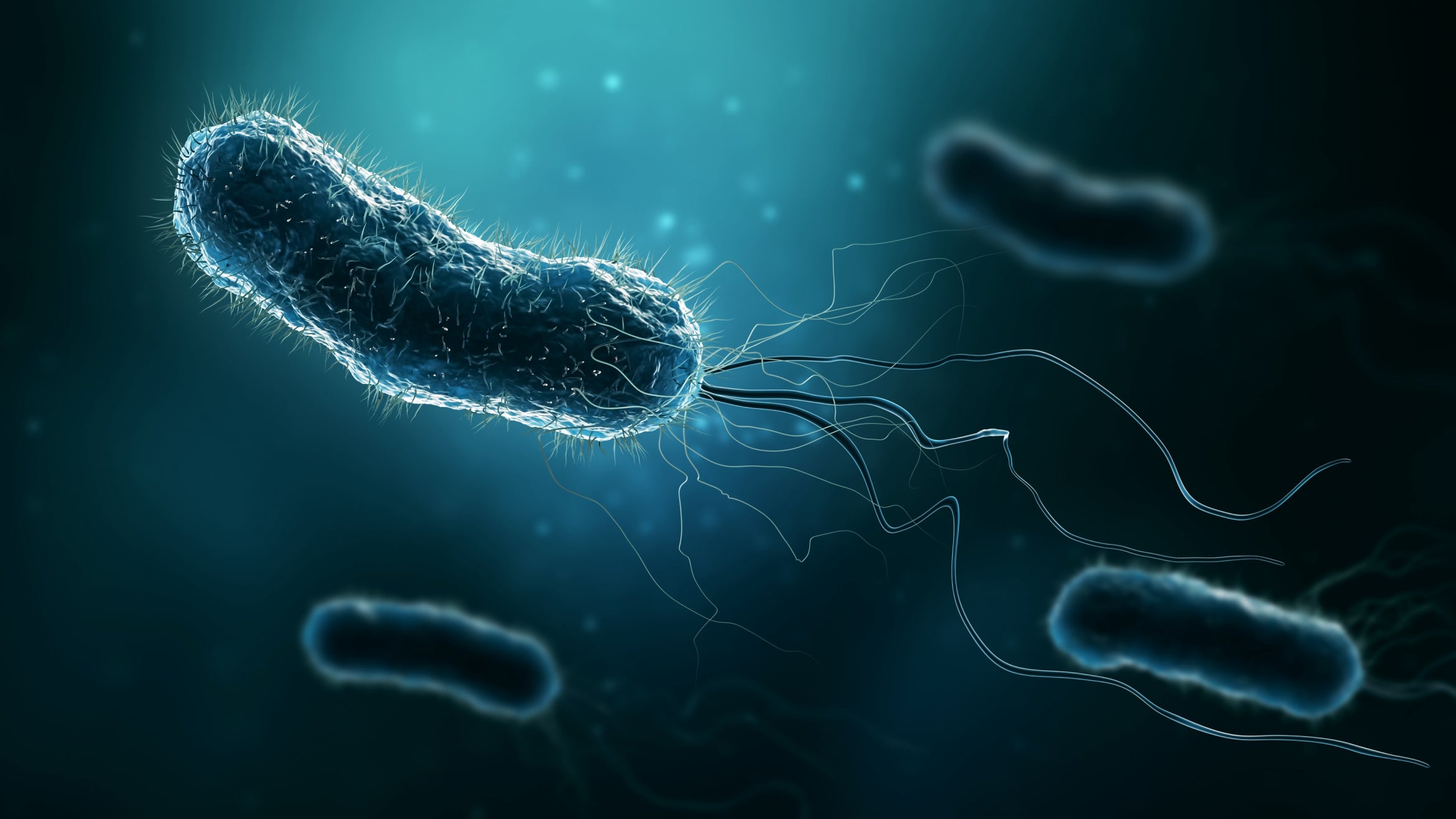Four UC Santa Barbara scientists and their projects are among six marine research projects that will receive $1.4 million in grants from California Sea Grant, a statewide research program based at Scripps Institution of Oceanography at UC San Diego.
The one- to three-year projects will address a breadth of important California topics, including wetland restoration, beach preservation, invasive species control, plankton ecology, larval transport, and sustainable aquaculture.
The UCSB researchers include Jenifer Dugan, associate research biologist with the Marine Science Institute, and Adrian Wenner, professor emeritus of Ecology, Evolution & Marine Biology. Working with UC Santa Cruz's David Revell, their project is Beaches as Threatened Ecosystems: Evaluating Trends.
California's beaches are often framed in terms of their value to recreation and tourism. Less appreciated is that these land-sea boundaries are also important habitats to an amazing diversity of invertebrate, bird, and marine life. What, though, is the fate of California's beloved beaches in the face of rising sea levels and continuing population growth?
An interdisciplinary team of scientists will address this topic by compiling several historical datasets and re-sampling several historical study sites. From this, they will construct a 30-year history of the ecology and physical characteristics of the sandy beaches between Morro Bay and San Diego. They will then analyze this record to look for meaningful trends that might explain processes affecting sand supply, beach width, biological diversity and community structure. The findings will be shared with managers to improve beach management and conservation.
The other UCSB project is led by Thomas Dudley, associate research biologist with the Marine Science Institute, and Armand Kuris, professor of Zoology, Ecology, Evolution & Marine Biology. It is entitled Could the Release of Snail Parasites Halt the New Zealand Mud Snail? Working with Dudley and Kuris will be Kevin Lafferty of the U.S. Geological Society.
The goal of this project is to investigate the feasibility of releasing parasites to control New Zealand mud snail populations in the Great Lakes and Western states, including California, where the snail has invaded the American River, Lake Shasta, Alameda, Piru, and Malibu creeks, among others. In the first year of the project, scientists will test the host specificity of the trematode parasites they hope to release to ensure their safety to native species. They want to rigorously verify that the parasites won't infect native snails. Field experiments will be conducted in California and also in the mud snail's native New Zealand habitat.
Other projects and investigators receiving grants:
Making Tidal Wetland Restoration More Efficient: Testing Tamarisk's Legacy Effects. Paul Dayton, UC San Diego, and Theresa Talley, UC Davis.
Linking Freshwater Inputs with Nearshore Plankton Ecology. Falk Fedderson, Peter Franks, and Robert Guza, all from UC San Diego.
Understanding Invertebrate Larval Transport. Steven Morgan and John Largier, Bodega Bay Marine Laboratory, UC Davis.
Reducing Fishmeal in Aquaculture Feeds. Mark Drawbridge, Hubbs-Sea World Research Institute; Frederic Barrows, Fish Technology Center, U.S. Department of Agriculture; and Ronald Hardy, Aquaculture Research Institute, University of Idaho.
"Ecosystem-based management has become a central focus of the approach used by state and federal managers to protect our coastal ocean resources," says California Sea Grant Director Russell Moll. "All of these new research projects employ an ecosystem-based approach in their investigations. We are pleased with the high quality of the projects and the promise of results directly applicable to ecosystem-based management of our valuable marine resources."
California Sea Grant is a multi-university program of marine research, extension services, and education activities. It is the largest of the nation's 30 Sea Grant programs and is part of the National Oceanic and Atmospheric Administration, U.S. Department of Commerce.
For more information about the UCSB projects, contact
Jenifer Dugan at (805) 893-2675; e-mail: j_dugan@lifesci.ucsb.edu;
Adrian Wenner at (805) 963-8508;
Thomas Dudley at (805) 893-2911; e-mail: tdudley@msi.ucsb.edu;
Armand Kuris at (805) 893-3998; e-mail: kuris@lifesci@ucsb.edu
For California Sea Grant information, contact
Christina S. Johnson at (858) 822-5334; e-mail: csjohnson@ucsd.edu.
Related Links



